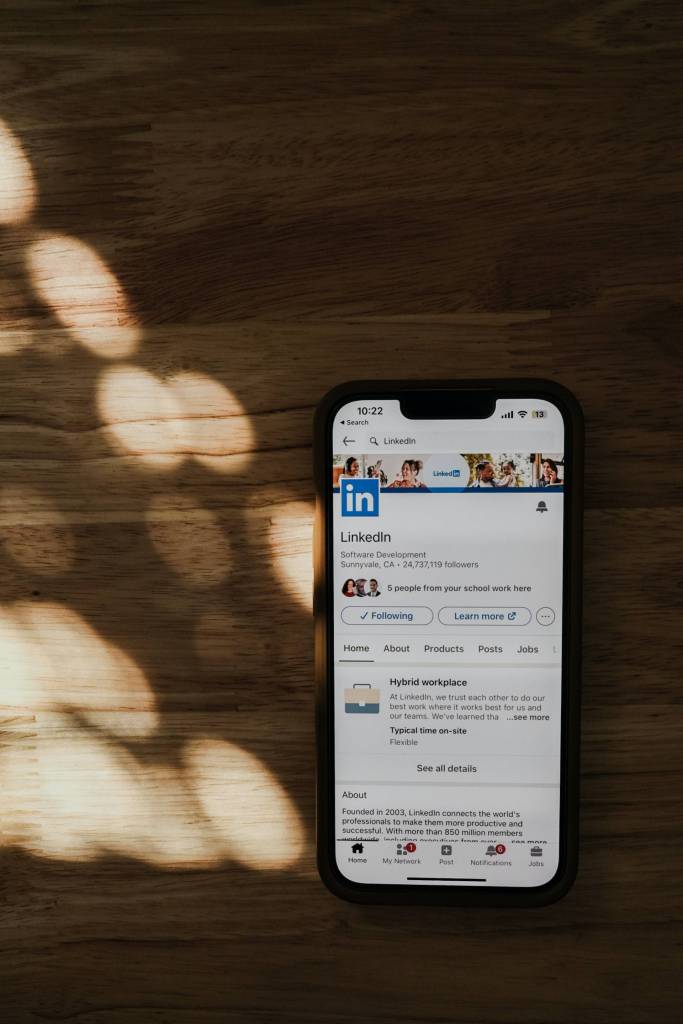Regardless of whether your day job is your dream career, you need something outside of work that you enjoy spending time on. Hobbies can provide you with new challenges, new friends and acquaintances, and even provide an outlet for stress reduction.
Whether you knit, play basketball, write short stories, or perform on aerial silks, your hobby may be helping you in more ways than you think. According to several studies, people who have a creative outlet outside of work may actually perform better while at the office. Doing something creative that you enjoy is positively correlated with a boost in work performance.
Here are six ways that your hobby can get you ahead at work.
Networking
No matter what your hobby is, you’re bound to meet new people. Those you meet are from all different backgrounds, professions, and lifestyles. When you take a spin class or go to your weekly tee time, you get a chance to talk with people both in your industry and outside of it. Since the pressure of a “networking event” or “industry meeting” is gone, the conversations you have with people will be more relaxed. You’ll get to know them as friends more than as colleagues.
These friendships can be useful if you ever come across one of your hobby acquaintances in a business setting. You never know — your next big deal could come from someone you met during a pickup roller hockey game.
Creativity
Thinking outside the box is a crucial skill in any workplace. When confronted with a problem or stuck on a big project, you’ll pull through via creative thinking. By tapping into your creativity through a hobby on a regular basis, you can actually increase your problem-solving abilities and creative thinking, and do better at work.
Having something that you can turn to when the project at hand gets frustrating allows your mind to reset. This way, you can return to your work with a fresh mind.
Critical Thinking
Critical thinking may sound like something you haven’t needed since the SATs. However, learning a new hobby can have a serious impact on how you think in all aspects of your life. Taking up any kind of new activity will open your mind. Plus, if you’d like to improve on something in particular, you can always choose a hobby that will address those aspects of critical thinking. Whether you’d like to improve your focus, get more familiar with a certain topic, or boost your memory, a hobby can help.
Passion
When you care enough about something to work for it day and night, you know you’ve found a passion. Your passion may or may not be your profession, but without a passion for something, whether it’s the app you’ve been building for months or the stamp collection you’ve been working on since you were a kid, you can’t expect to grow professionally.
Hobbies are often a link to your identity. Even if you don’t have a job in the area you’re truly passionate about, your hobby says a lot about who you are. It also conveys your personality to those around you. And let’s face it, the workday isn’t all work. When your colleagues and superiors know who you are and what you’re interested in, they connect to you. This can even help you out when it comes to being assigned projects or getting promotions.
Confidence
Self-esteem is a must-have to advance in your career. If you don’t believe in your own ability to move up the ladder and accomplish professional goals, you won’t — it’s that simple. Try taking on a difficult hobby, or taking your existing interest to the next level. If you’re already a runner, set a goal for yourself to run a marathon. If you like yoga, go on an advanced retreat.
By achieving a goal that challenges you outside of the office, you can boost your confidence for the next big meeting, job interview or project.
Brain Power
Most hobbies exercise parts of your brain that your job doesn’t. If you want to increase your brain’s capacity for memory, study another language. If you’d like to cut down on the stress hormone cortisol and fight dementia at the same time, try planting a garden. Boost both the logical and the creative side of your brain by taking up painting.
Numerous studies have shown that these hobbies, and others, are crucial to keeping brain function strong throughout your life. That function isn’t just good for your career: It’s good for your whole well-being.
These are just a few of the ways that your hobbies are helping you out. Having something to occupy your time — aside from television and the internet — is always a positive thing. Get out there. Keep up that weekly ballet class, learn to play the bass guitar or study structural engineering. A hobby will only lead to good things.













